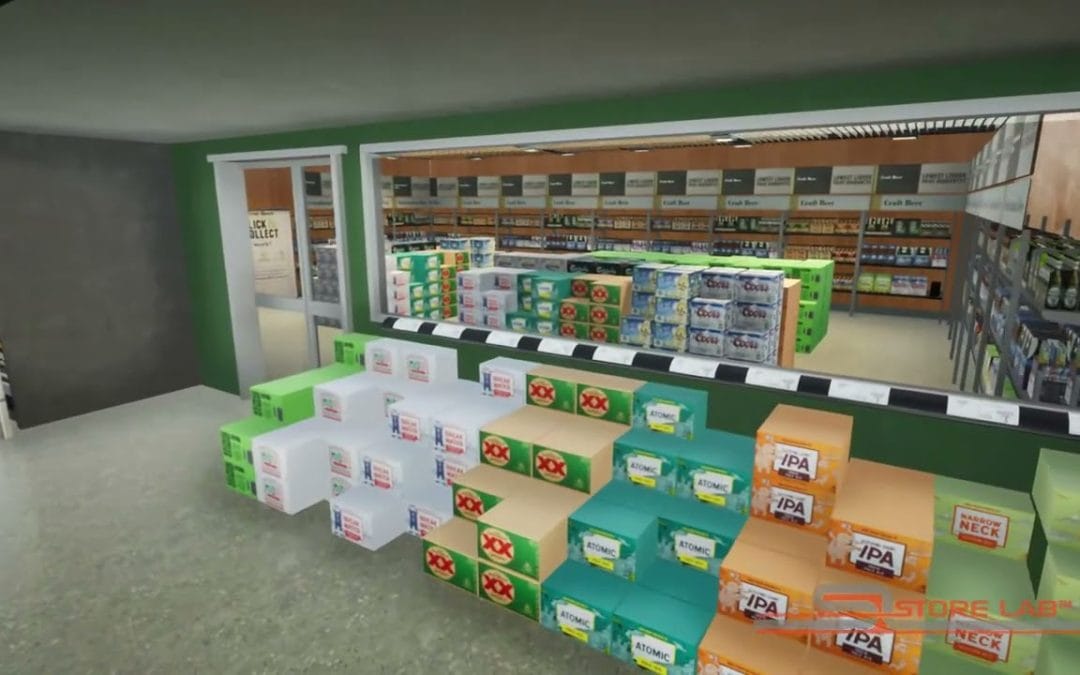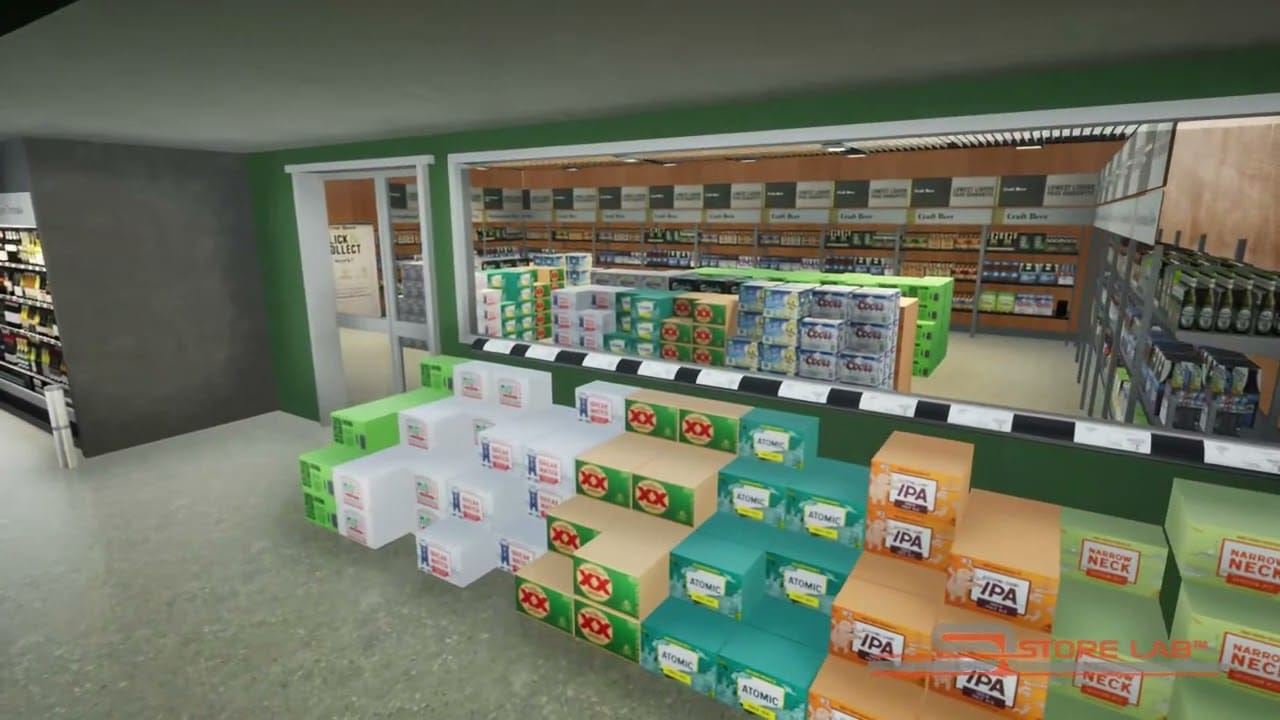Latest Advances in Geo-Tagged Compliance Tracking for National Rollouts
The Scale Problem
Running national campaigns is one of the most complex operational challenges in retail. Hundreds of stores, dozens of formats, and thousands of staff must all execute the same plan with precision. Even when the creative is strong and the planogram is clear, execution often falls short.
Displays are misplaced. Signage arrives late. Floor layouts vary between regions. These inconsistencies dilute impact and make it difficult for head office to know what is happening in the field.
Traditional compliance checks rely on manual reporting, photos sent via email or messaging apps, and subjective audits. The process is slow, fragmented and difficult to verify. The result is a compliance gap that costs retailers both sales and confidence in campaign ROI.
StoreLab FieldForce solves this problem with a scalable, data-driven solution: geo-tagged compliance tracking that gives chain managers real-time visibility into what is happening across every store.
Geo-Tagged Compliance as the Solution
Managers can instantly see:
Geo-tagged verification also builds accountability. Store teams and regional managers can see their compliance status in real time, creating a culture of transparency rather than after-the-fact auditing.
What’s New in the Technology?
- Pre-defined virtual walkthroughs. Campaign playbooks now include short guided tours of the ideal layout, helping store teams understand expectations before launch.
- Fly-through simulations. These visual sequences highlight key shopper engagement points such as endcaps, gondola ends and queue areas.
- Geo-based compliance rating. Stores are scored on adherence to layout, signage and placement standards. Ratings can be viewed by region, territory or chain-wide average.
- Visual comparison dashboards. Head office can review side-by-side images of virtual plans versus live photos to track consistency.
These capabilities turn FieldForce into more than a compliance tool. It becomes a training and communication platform, ensuring everyone from head office to store staff shares the same vision of what “good” looks like.
From Reactive Oversight to Proactive Management
Traditional compliance processes are reactive. Issues are identified only after a campaign has underperformed. Geo-tagged tracking changes this dynamic by providing immediate visibility.
Retail leaders can now:
- Monitor compliance in real time through interactive dashboards.
- Identify problem regions before results are affected.
- Re-issue guidance or support to specific stores instantly.
- Use compliance data to forecast campaign ROI more accurately.
Instead of waiting for end-of-month reports, operations teams can make informed decisions during rollout. This proactive management saves time, protects budgets and ensures national consistency.
Why Geo-Tagged Compliance Matters for Retail Leaders
For national chain executives:
- Real-time oversight replaces delayed manual reports.
- Territory-based dashboards reveal regional strengths and weaknesses.
- Proof of execution supports budget discussions and board reporting.
- Consistent delivery strengthens supplier relationships and promotional ROI.
For store and regional managers:
- Clear visual guidance on what compliance looks like.
- Immediate feedback on performance through compliance ratings.
- Reduced administrative workload thanks to automated photo logging.
- Opportunities for recognition when teams meet or exceed standards.
The Broader ROI of Geo-Tagged Compliance
The financial benefits are clear. Retailers that achieve high compliance rates see faster campaign payback and better use of promotional budgets.
By combining StoreLab FieldForce with virtual planning tools like StoreLab Connect, chains can design, communicate and verify campaigns end-to-end. The integration between virtual walkthroughs and live photo verification creates a closed feedback loop that continually improves execution standards.
Geo-tagged compliance also produces valuable historical data. Over time, retailers can benchmark performance, track improvements by region and identify stores that consistently outperform peers. This data helps prioritise investment and training where it matters most.
For national retail operations, the shift from guesswork to verified execution is transformative. Campaigns no longer depend on anecdotal feedback. They are managed with the same precision as any other data-driven business process.



